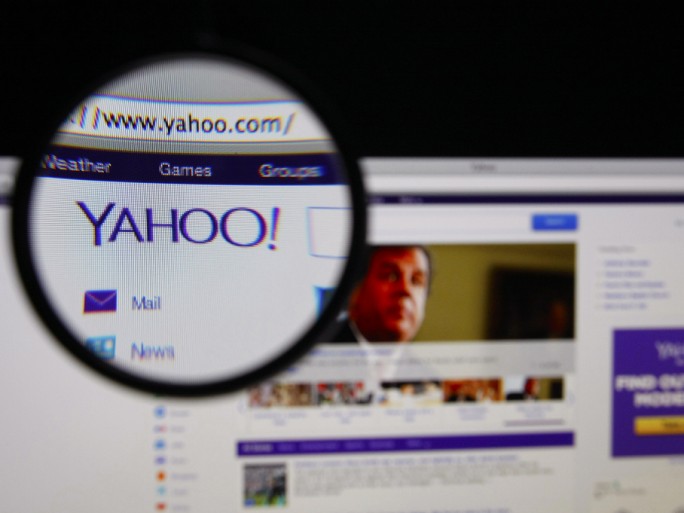Verizon Sells Internet Icons AOL, Yahoo

Expensive ownership of Internet icons AOL and Yahoo comes to an end, after Verizon announces sale to private equity group
The future of two iconic veterans of the Internet age is in the spotlight, after owner Verizon announced their sale to a private equity group.
AOL and Yahoo form Verizon Media, and this is to be sold to private equity firm Apollo Global for just $5 billion, ending an expensive run in the media and advertising world for Verizon Communications.
It is not a good financial return for Verizon, which had acquired AOL or $4.4 billion back in 2015. Verizon then acquired Yahoo’s internet business in 2016 for $4.83bn, meaning Verizon had spent a total of $9.2 billion on the two assets.
![]()
Poor return?
Verizon had been hoping to head to head with media ad giants Google and Facebook, thanks to its ownership of AOL and Yahoo, and was hoping to position Verizon Media as a top mobile media company.
But five years later Verizon Communications has confirmed it is selling Verizon Media for just $5 billion.
That said, Verizon will retain a 10 percent stake in the company, which will be known as Yahoo at close of the transaction and continue to be led by CEO Guru Gowrappan.
The firm said the sell-off “will allow Verizon Media to aggressively pursue growth areas and stands to benefit its employees, advertisers, publishing partners and nearly 900 million monthly active users worldwide.”
Growth potential
“We are excited to be joining forces with Apollo,” said Gowrappan. “The past two quarters of double-digit growth have demonstrated our ability to transform our media ecosystem.”
“With Apollo’s sector expertise and strategic insight, Yahoo will be well positioned to capitalise on market opportunities, media and transaction experience and continue to grow our full stack digital advertising platform,” said Gowrappan. “This transition will help to accelerate our growth for the long- term success of the company.”
“We are thrilled to help unlock the tremendous potential of Yahoo and its unparalleled collection of brands,” said Reed Rayman, Private Equity Partner at Apollo. “We have enormous respect and admiration for the great work and progress that the entire organisation has made over the last several years, and we look forward to working with Guru, his talented team, and our partners at Verizon to accelerate Yahoo’s growth in its next chapter.”
“Verizon Media has done an incredible job turning the business around over the past two and a half years and the growth potential is enormous,” added Hans Vestberg, CEO, Verizon. “The next iteration requires full investment and the right resources. During the strategic review process, Apollo delivered the strongest vision and strategy for the next phase of Verizon Media. I have full confidence that Yahoo will take off in its new home.”
The transaction is subject to certain closing conditions and is expected to close in the second half of 2021.
Long time coming?
AOL had been a pioneer in the early days of the Internet, signing up more than 20 million dial-up customers at one stage, and merging with Time Warner in 2000 in a $183 billion deal.
But after the dot-com bust, AOL was left without Time Warner in 2009, and then CEO Tim Armstrong stepped in to take the company in a new direction.
Under Armstrong’s leadership, AOL expanded quickly into advertising technology, as well as creating a plethora of technology news sites such as Engadget and TechCrunch.
AOL was also behind The Huffington Post.
AOL’s domination of dial-up customers has all but disappeared now, but it still owns a fairly lucrative base of 1.5 million customers who pay for technical support and identity theft services each month.
![]()
In 2009 AOL shut down its once-leading online community CompuServe.
Yahoo likewise was also another icon from the early days of the Internet, and it still has about 150 million daily active users and nearly 900 million monthly active users.
But the two entities under the ownership of Verizon Media, never really challenged the domination of Facebook and Google.
Verizon Communications then opted to steadily withdraw from the media sector in recent years, to concentrate rather on expanding its 5G network in the US.
In 2019 Verizon sold blogging platform Tumblr in 2019 for an undisclosed sum (thought to be $3m) after acquiring it as part of the Yahoo acquisition.
Verizon also sold off news website HuffPost to BuzzFeed last year.